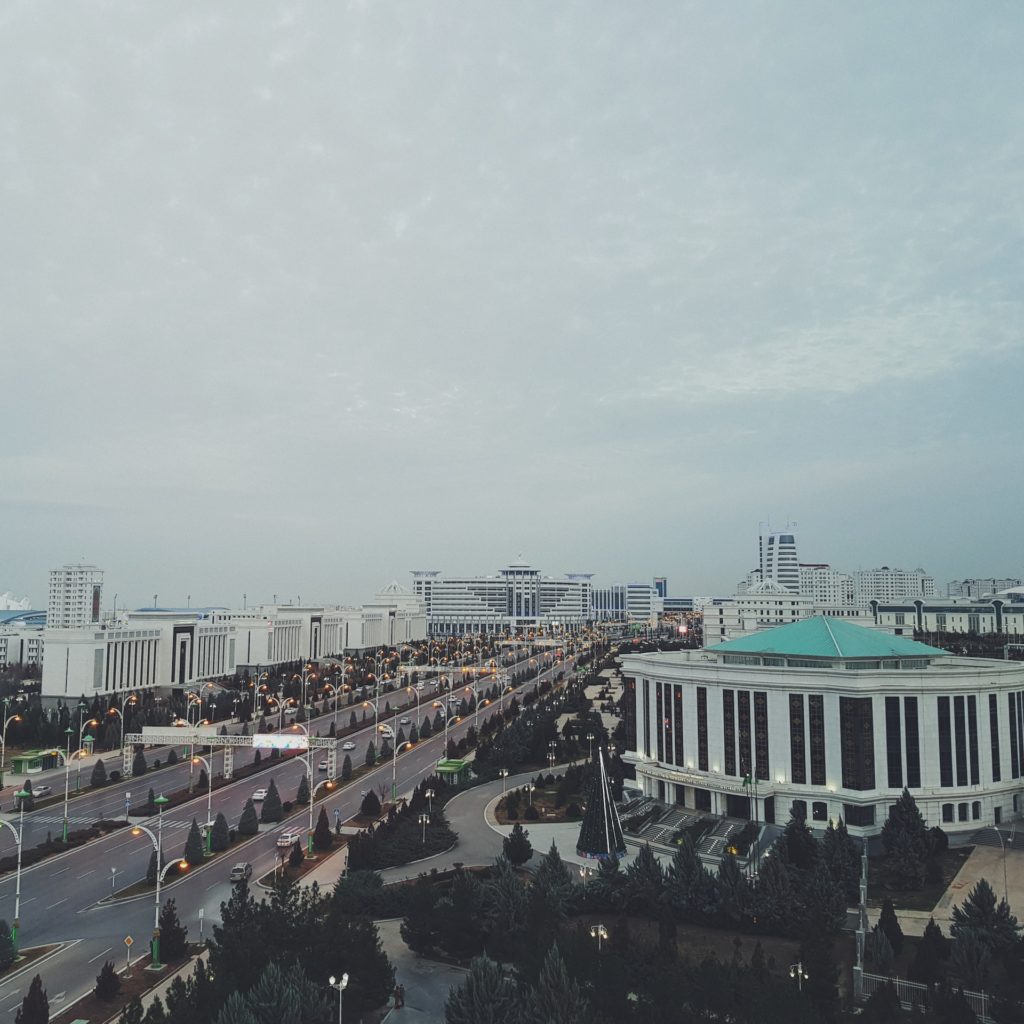Complying with the tax system in Turkmenistan is one of the most enduringly difficult aspects of contracting there. You must pay taxes on all of your income while you are in the country, regardless of whether you are a contractor or a permanent employee. You might still be required to pay some tax in your home country in addition to Turkmenistan, and it might be difficult to comprehend the legal implications of this. Are there any double taxes in Turkmenistan? Your nationality and the specifics of your Turkmenistan assignment will determine this. You can determine the best approach to set up your affairs by becoming familiar with the fundamentals of Turkmenistan’s income tax system and being aware of your possibilities. Their Turkmenistan-based sources of income (e.g. from their activities performed in Turkmenistan). When the payment is made through withholding agents, personal income tax (PIT) is often collected at source (i.e. resident legal entities, individual entrepreneurs, and permanent establishments [PEs] of non-resident legal entities). Individual entrepreneurs must use the self-assessment system, thus this does not apply to their business income.

Rates of personal income tax
The 10% general PIT rate applies to all types of income, including royalties, interest, business, and professional income, rental income from real estate, and capital gains. Usually, the tax is withheld at the point of origin.
Pension insurance payments
Pension insurance is payable by employers at 20% of the total remuneration provided to local employees. Additional 3.5% obligatory professional pension insurance is levied on employers concerning employees who work under hazardous conditions. Employees may participate in voluntary pension insurance, the minimum rate for which is established at 2% of total remuneration. Income paid to expatriate employees should not be subject to pension insurance payments.
Value-Added Tax (VAT)
VAT is generally payable at the rate of 15%. A zero rate applies to exports of goods (except for oil and gas) and international transport services.
Net wealth/worth taxes
Net wealth/worth taxes are not applicable in Turkmenistan.
Gift, estate, and inheritance taxes
Turkmenistan has no gift, estate, or inheritance taxes.
Excise taxes and luxury goods
On items that are included in the list of excised goods or items, excise duty is paid. Automobiles, nicotine items, and alcoholic beverages are the most often excised commodities. Different goods have different excise rates, depending on both domestic production and import.
Tax on the sale of cars
The people who sell cars on Turkmenistan’s soil are considered to be the ones who paid the tax on those sales. The tax on auto sales is levied at a rate of five to eight times the base amount used to determine taxes and fees (about 70 to 115 US dollars).
Levy on owners of vehicles
The levy on vehicle owners shall be considered as being paid by everyone who owns a vehicle in Turkmenistan’s territory. Depending on the type of vehicle, the levy from owners is assessed at a rate of one to six times the base sum for calculating taxes and fees established in Turkmenistan (about USD 15 to USD 85). (i.e. passenger car, lorry, or bus).
Levied by parking lot owners
Individual business owners who rent out land parcels for parking must pay the tax to car park owners. A fee of USD 0.3 to USD 0.4 per square meter of parking space is levied from car park operators, depending on the region of the country. obligation with a specific objective to enhance urban and rural areas.
Residents of Turkmenistan who are employed or engaged in other civil agreements (contracts) as well as independent contractors have a specific obligation to improve urban and rural areas. The following rate for the duty is applicable:
- Individual business owners: 0.3 percent of monthly gross sales of goods (work, services).
- Other people: TMT 5 each month.







